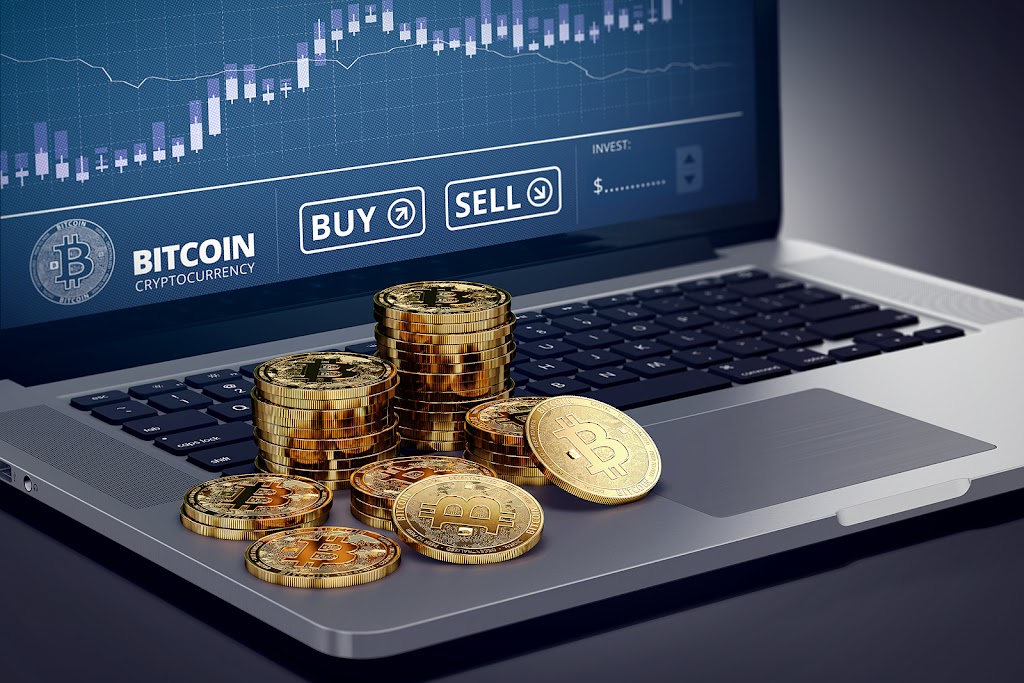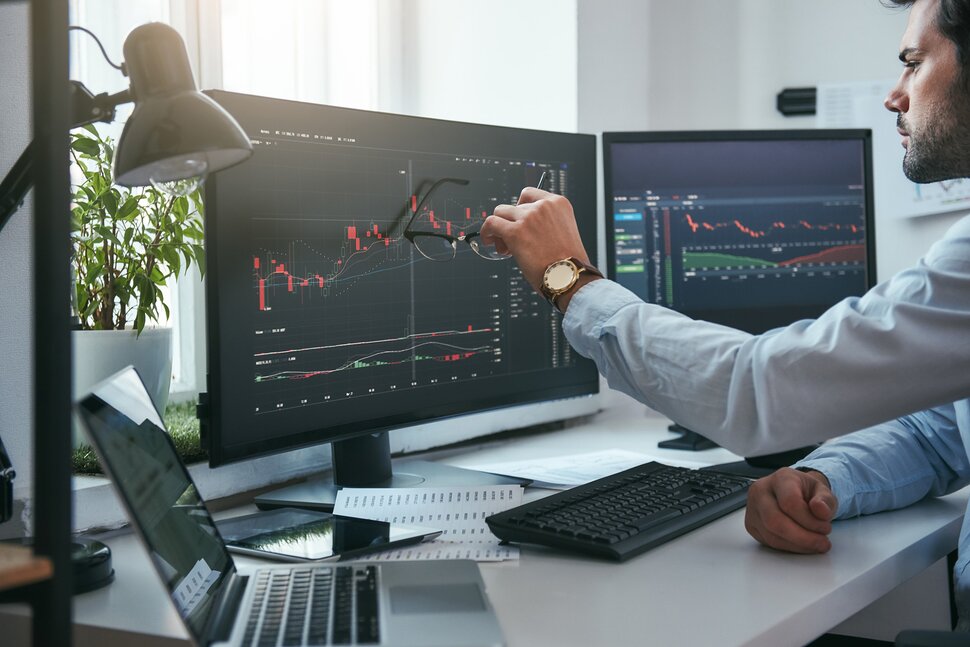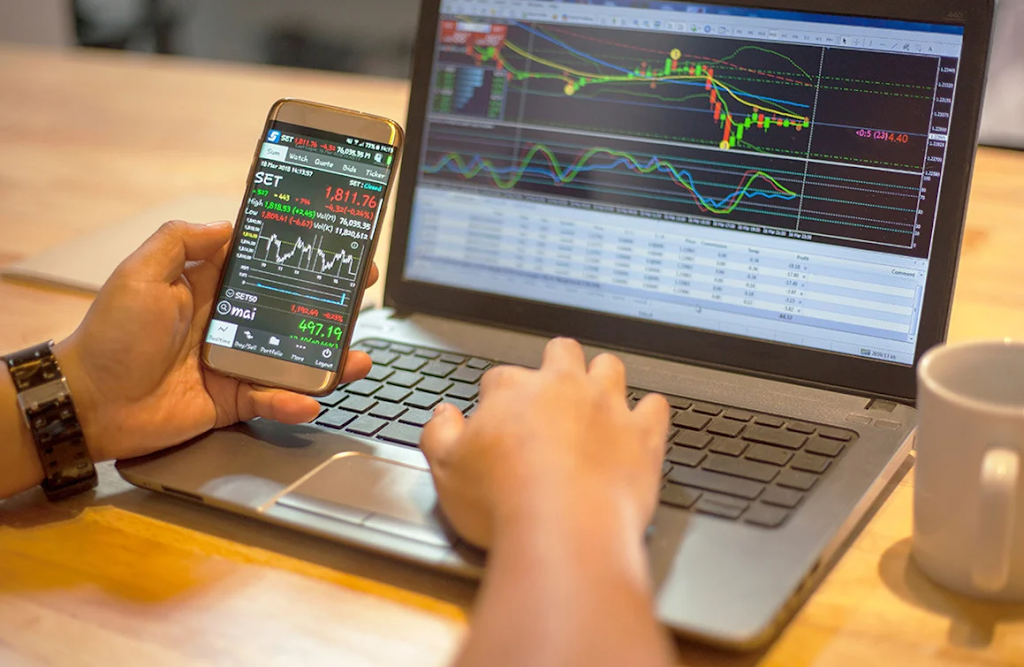Exploring Binance Futures Comprehensive Guide
Cryptocurrencies have taken the monetary global through storm, imparting new avenues for funding and trading. Binance, one of the world’s main cryptocurrency exchanges, offers a specialised trading platform recognized as Binance Futures. In this comprehensive guide, we will delve into the world of Binance Futures, explaining what it is and how you can begin buying and selling with confidence.
What Are Futures Contracts?
Explanation of Futures Contracts
At its core, a futures agreement is a financial agreement among two parties to buy or promote an asset at a predetermined price on a specific date in the future. These contracts serve as a manner for buyers and traders to speculate on the price moves of various assets, such as cryptocurrencies, without truly owning them.
How They Differ from Spot Trading
Unlike spot trading, where you buy and very own the actual cryptocurrency, futures trading allows you to speculate on the fee direction of the asset with out owning it. This way you can earnings from each growing and falling markets, making futures buying and selling a flexible device for traders.
Use Cases and Advantages
Futures contracts provide several advantages, such as hedging towards price volatility, portfolio diversification, and the capability to use leverage. Traders often use futures to control danger in their cryptocurrency portfolios or to capitalize on momentary price movements.
Binance A Leading Cryptocurrency Exchange
Brief Overview of Binance
Founded in 2017, Binance quickly rose to prominence as one of the biggest and maximum influential cryptocurrency exchanges globally. Its easy interface, a full-size selection of supported cryptocurrencies, and robust security measures have made it a go-to platform for each novices and experienced traders.
Binance’s Role in the Cryptocurrency Market
Binance’s role extends past being a cryptocurrency exchange. It serves as an atmosphere for traders, presenting diverse merchandise and services, inclusive of Binance Futures, Binance Coin (BNB), and Binance Launchpad for initial coin services (ICOs). This ecosystem has contributed to its significant popularity.
Introduction to Binance Futures
Binance Futures is Binance’s devoted platform for derivatives trading. It allows investors to access a wide variety of futures contracts, such as perpetual contracts and quarterly contracts, on a variety of cryptocurrencies. The platform offers superior trading features, making it a desired preference for investors looking to capitalize on cryptocurrency rate movements.
Getting Started with Binance Futures
Account Creation and Verification
To begin buying and selling on Binance Futures, you want to create a Binance account if you don’t already have one. The registration method is truthful and typically requires identification verification to comply with regulatory standards.
Depositing Funds
Once your account is set up and verified, you can deposit price range into your Binance wallet. Binance supports multiple deposit methods, which includes financial institution transfers and cryptocurrency deposits. You’ll want funds in your wallet to start buying and selling on Binance Futures.
Navigating the Binance Futures Platform
Navigating the Binance Futures platform is intuitive, even for those new to futures trading. The platform gives a customizable buying and selling interface with numerous charting gear and order options. Familiarizing yourself with the platform’s layout is essential before executing trades.
Types of Futures Contracts on Binance
Perpetual Contracts vs. Quarterly Contracts
Binance Futures gives major sorts of contracts: perpetual contracts and quarterly contracts. Perpetual contracts have no expiration date, while quarterly contracts expire on a precise date. Traders can pick the agreement kind that great fits their buying and selling strategy.
Leverage and Margin Trading
One of the key features of Binance Futures is leverage trading. Leverage permits investors to expand their publicity to the market. While this can lead to sizable profits, it also will increase the chance of losses. It’s critical to apprehend how leverage works and manage it wisely.
Available Cryptocurrencies for Futures Trading
Binance Futures presents a wide selection of cryptocurrencies for trading. From Bitcoin and Ethereum to lesser-known altcoins, traders have the possibility to diversify their portfolios and discover distinct markets.
How to Place a Futures Trade
Order Types (Market, Limit, Stop)
Placing a change on Binance Futures includes choosing the suitable order type. Market orders execute at the modern market price, at the same time as limit orders allow investors to set a particular charge at which they want to buy or sell. Stop orders can be used to limit losses or lock in profits.
Position Sizing and Risk Management
Effective role sizing is important in futures trading. Traders need to cautiously calculate the length of their positions to manage risk. This includes putting stop-loss and take-profit stages to shield their investments.
Trading Strategies
There are various buying and selling techniques that investors can rent on Binance Futures, which include day trading, swing trading, and fashion following. Each strategy has its personal set of guidelines and risk management techniques, and buyers have to select the one that aligns with their desires and chance tolerance.
Fees and Funding Rates
Explanation of Trading Fees
Trading on Binance Futures entails fees, consisting of buying and selling prices and investment costs for perpetual contracts. Understanding those costs is crucial to calculate the fee of your trades accurately.
Understanding Funding Rates
Funding rates in perpetual contracts determine the cost of maintaining a position. They are periodically settled between long and short buyers and aim to hold the contract’s charge in line with the underlying asset’s price. Traders need to hold close how investment fees paintings to avoid sudden costs.
Managing Costs in Futures Trading
Managing costs is a essential element of a success futures trading. This consists of optimizing your buying and selling approach to reduce expenses and funding expenses even as maximizing capacity profits.
Risk Management in Binance Futures
Importance of Risk Management
Risk management is paramount in Binance Futures trading. It involves putting clear chance parameters, diversifying your portfolio, and the use of protective measures like stop-loss orders.
Setting Stop-Loss and Take-Profit Orders
Stop-loss and take-profit orders are critical equipment for restricting potential losses and locking in profits. Traders should set up those orders primarily based on their risk tolerance and buying and selling strategy.
Liquidation is a scenario in which a trader’s position is forcibly closed due to inadequate margin. Traders ought to screen their positions and hold good enough margin stages to avoid liquidation.
Tips for Successful Futures Trading on Binance
Research and Analysis
Informed trading decisions are primarily based on thorough research and analysis. Traders have to live updated on marketplace information and use technical and essential analysis to manual their trades.
Staying Informed about Market Trends
Cryptocurrency markets are enormously dynamic. Staying informed approximately marketplace traits and traits is critical for making well timed and profitable trades.
Trading Psychology
Emotional area is regularly underrated however vital for success in futures trading. Keeping emotions in take a look at and sticking to a well-thought-out buying and selling plan can save you impulsive decisions.
Regulatory and Security Considerations
Compliance with Regulations
As the cryptocurrency space evolves, regulatory oversight is increasing. Traders ought to be aware of and comply with applicable guidelines in their jurisdiction.
Binance’s Security Measures
Binance places a sturdy emphasis on security. It employs superior safety measures, such as two-factor authentication and cold garage of funds, to protect consumer assets.
Protecting Your Funds
Traders can take additional steps to beautify the security of their Binance accounts, such as the use of hardware wallets and frequently reviewing account activity.

.png)



